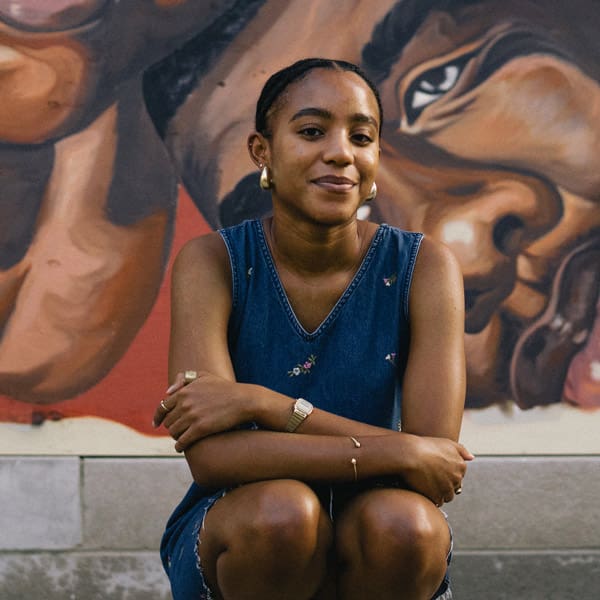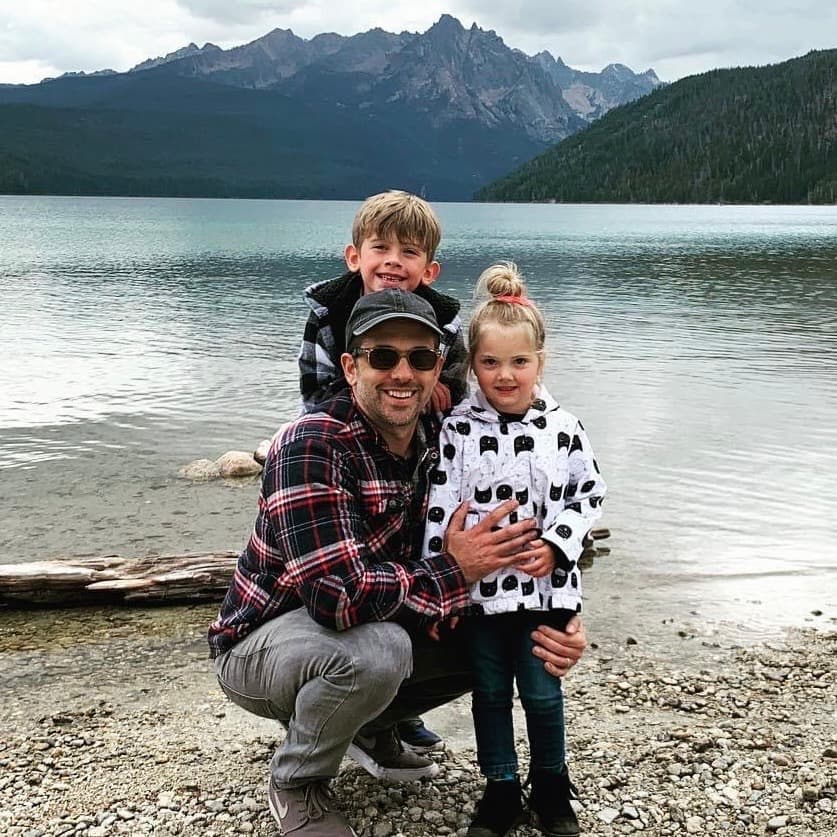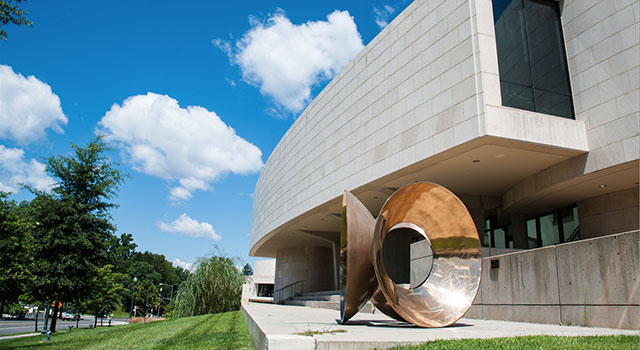Averaging 14
students per graduate classContact Us
Monday-Friday, 9:00-5:00; please allow 1 business day for responses.
Battelle Tompkins, Room T-21 on a map
CAS-Graduate Admissions 4400 Massachusetts Avenue NW Washington, DC 20016-8081 United States
Shiloah Symone ColeyMFA, Studio Art
More about Shiloah
Both inside and outside the art studio, Studio Art MFA Candidate Shiloah Symone Coley interrogates the existing stories we come to believe as truths about ourselves, others, and the world around us.
Shiloah believes community-engaged work is crucial in unpacking the different perspectives that contribute to the narratives of our society. By seeking to center the voices of her collaborators, her process explores what it means to have agency in telling your own story, and she has facilitated youth-led art projects in New York City, Madison, WI, and Johannesburg, South Africa.
Shiloah is currently a Sherman Fairchild Foundation Fellow at the Phillips Collection, working with its Community Engagement and Marketing-Communications departments to develop meaningful storytelling and programming with the DC community.
After graduation she wants to continue collaborating with the communities around her, while also maintaining a dedicated studio practice through a residency or fellowship alongside an educational institution or nonprofit. She says that being at AU has given her an opportunity to rigorously research and advance her practice.
When I arrived at American University, I was primarily a painter. Now I work in a much more anti-disciplinary collage fashion that's driven by the themes and motifs I'm engaging with conceptually. And at the Phillips, I've had the opportunity to see the inner workings of how an art institution operates. It's been an incredibly educational experience.

Jordan Prassinos
MA, Economics
More about Jordan
While living in Idaho and completing his master’s degree entirely online, Jordan Prassinos (MA Economics ’24) has received American University’s 2024 Jose and Ursula Epstein Prize for outstanding performance in the MA in Economics program.
Jordan’s classroom performance was exceptional, says Professor and Department Chair Kara Reynolds. He also produced a standout capstone, which examined whether democratic institutions enhance the impact of financial development on economic growth in emerging markets. Given Jordan’s findings that robust democratic institutions must go hand in hand with strong financial institutions to promote economic growth, the apparent decline in democratic institutions worldwide could result in a decline in economic growth later down the line.
Jordan, who has two small children, says it was challenging at times to balance work, family, and the program. But it was all very worthwhile. “Planning and consistency were the key,” he explains. “There were several times when I felt overwhelmed, but with confidence in myself and a good study plan for the day, week, and month, I knew it would be okay. Consistency won the day.”
Jordan notes that American University’s Economics program does not require students to memorize every equation. Instead, it encourages them to think more broadly and understand the intuition behind economic models. “Understanding 'the why' helps students to critically think through concepts and problems,” he says.
Over 50
degrees and certificates in the arts, sciences, and humanities
